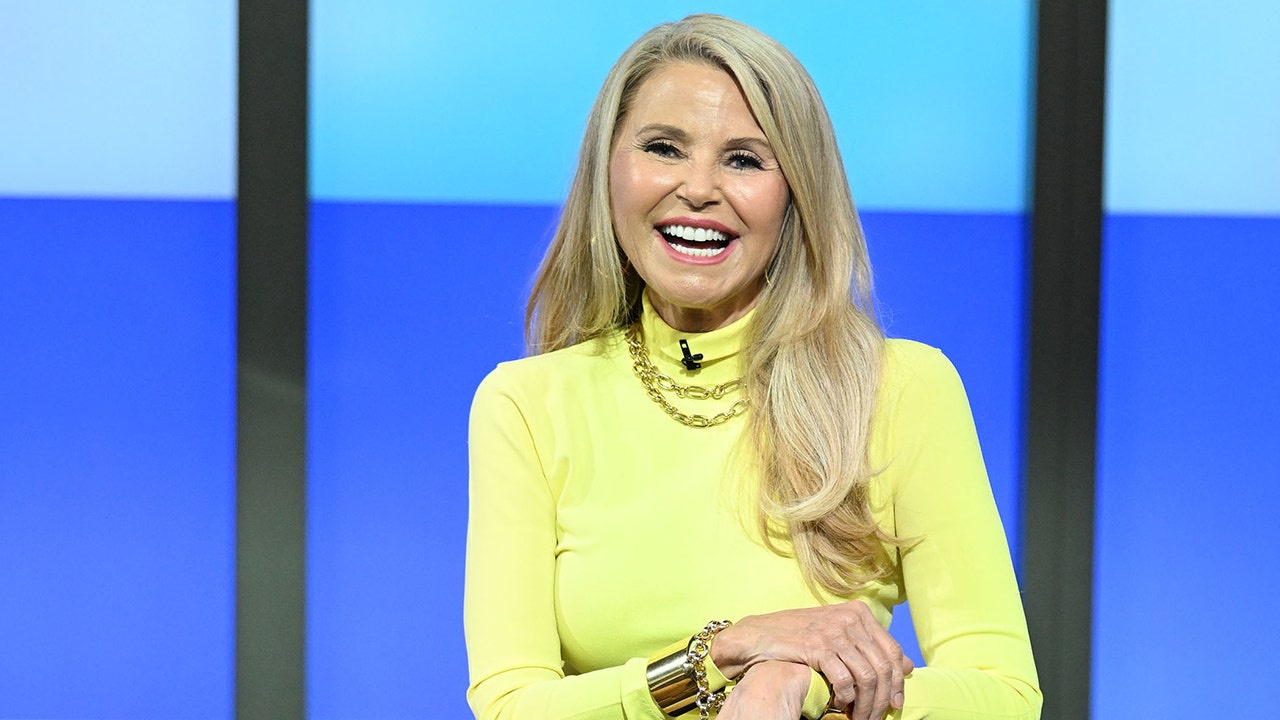What Happened
Ananda Lewis, a former MTV video jockey (VJ) and talk show host, passed away at the age of 52 on June 11, 2025. Her sister, Lakshmi Emory, announced her death in a heartfelt Facebook post, indicating that Lewis was now “free” and in “His heavenly arms.” Lewis had been publicly battling breast cancer since her diagnosis in 2020, which progressed from stage III to stage IV. Throughout her illness, she shared her experiences and decisions regarding her treatment, which included opting for alternative therapies instead of traditional medical interventions.
Lewis gained fame in the late 1990s as a prominent figure on MTV, hosting popular shows such as “Total Request Live” and “Hot Zone.” She later transitioned to hosting her own talk show, “The Ananda Lewis Show,” which focused on social issues. Beyond her television career, Lewis was also known for her community activism and health advocacy, particularly concerning breast cancer awareness.
Key Details
-
Diagnosis and Treatment: In 2020, Lewis revealed her diagnosis of stage III breast cancer. She admitted to delaying regular mammograms due to a fear of radiation exposure. In a roundtable discussion in October 2024, she disclosed that she had chosen not to undergo a double mastectomy, a decision she later expressed regret over as her cancer progressed to stage IV.
-
Public Advocacy: Lewis used her platform to advocate for cancer awareness and prevention. In an essay published in Essence, she emphasized the importance of early detection and encouraged women to listen to their bodies regarding health concerns.
-
Career Highlights: Lewis began her career as the host of BET’s “Teen Summit” before moving to MTV, where she became a well-known figure in pop culture. She received multiple NAACP Image Awards for her work and was recognized for her ability to engage with both celebrities and serious social issues.
-
Personal Life: Lewis was married to Harry Smith, the brother of actor Will Smith, and they had one son, Langston, born in 2011. She was also known for her skills in carpentry, having earned a trade certificate.
Multiple Perspectives
Lewis’s decision to pursue alternative treatments over traditional medical advice has sparked discussions about patient autonomy and the complexities of cancer treatment. Some health advocates argue that while patients should have the right to make informed choices about their care, it is crucial to weigh the potential risks of delaying conventional treatments. Lewis herself acknowledged her regrets regarding her treatment decisions, stating, “I wish I could go back,” which highlights the personal struggles many face when navigating health crises.
In contrast, supporters of alternative medicine may view Lewis’s journey as a testament to the importance of holistic approaches to health. Her advocacy for listening to one’s body and prioritizing personal comfort resonates with many who seek to balance conventional medicine with alternative practices.
Context & Background
Breast cancer remains one of the most common cancers affecting women worldwide, with early detection being a critical factor in successful treatment outcomes. Lewis’s story underscores the importance of regular screenings and the challenges some individuals face in accessing healthcare. Her public battle with cancer has contributed to ongoing conversations about health disparities, particularly among marginalized communities.
Lewis’s legacy extends beyond her television career; she is remembered for her authenticity and commitment to social issues. Her passing has prompted tributes from fans and colleagues, reflecting on her impact as a role model for young women and her contributions to discussions about health and empowerment.
What We Don’t Know Yet
While Lewis’s death has been confirmed, details regarding the specific circumstances surrounding her final days remain private. Additionally, the broader implications of her treatment choices and their impact on public perceptions of cancer care are still unfolding. As discussions about alternative medicine and patient autonomy continue, further insights may emerge from ongoing research and personal accounts from those affected by similar health challenges.
In summary, Ananda Lewis’s life and battle with breast cancer serve as a poignant reminder of the complexities surrounding health decisions and the importance of advocacy in raising awareness about cancer prevention and treatment. Her legacy will likely continue to inspire discussions about health, empowerment, and the role of media figures in shaping public discourse.




